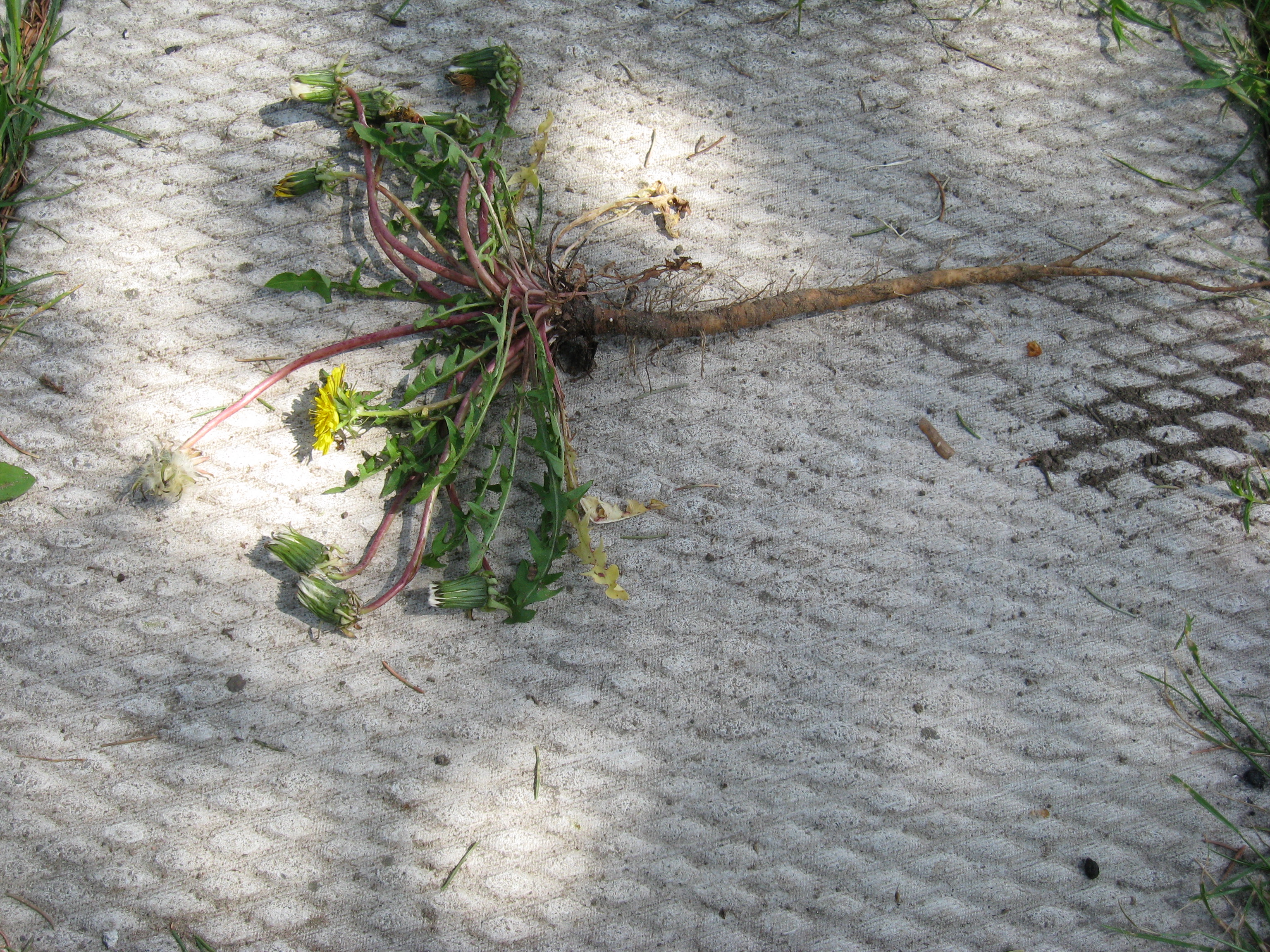This past weekend, my husband, daughter, and I drove out to Newport News, VA, so that I could accompany a very talented young saxophonist, Greg, at a recital in his hometown. He has just graduated from Virginia Tech and is about to start a graduate degree in music in Minnesota - a big move for him and especially for his family. When I heard that his mother was having a difficult time with this next step about a month ago, I suggested that we could give a little performance in his hometown. He took me up on the offer and I am so glad that he did.
Many of the people in attendance had never heard Greg perform classical music. Sure he had played at church services now and then through the years, but they were usually hymn arrangements. And even though he gave recitals at Virginia Tech these last two years, both occurred in the middle of huge snowstorms which made it impossible for most to make the trek to Blacksburg. The other night, I could feel the excitement in the air prior to the performance. Folks were so appreciative, supportive, gracious, attentive, and so curious - it was infectious and made performing a no-brainer and an absolute joy. It was also a great reminder to me that I need to keep performing for those around me, for folks that aren't necessarily classical music aficionados, for the people that make up my daily life; that music-making and music itself is a gift to share with everyone; and that I always have an audience with those that are nearest and dearest to me. It's easy for me to fall into the habit of performing simply because it's the next gig in the calendar. I need to leave room in that calendar to perform simply because I want to share music with those around me.
Now some of you may know that I am very interested in the debate going on in regards to the future of classical music. If you don't, let's just say that I am very passionate about finding ways to ensure that classical music is an option when anyone goes searching for a music-making or listening experience. One of the ideas that gets tossed around is that it's important to not give away musical experiences all the time for free. I think the thought is that doing that will devalue our art somehow and that people tend to attach more significance to things that they have to pay for. Here's where I stand; I know that many musicians feel like they can't perform without pay - that's a personal choice that each person must make for him or herself and I am not critical of those that can't since there's so many factors involved with making those decisions. For me personally, making money or breaking even for every event at which I participate is not a necessity so I often choose to perform for little or no charge at all. Why? Because of my mission, because of my concern for the future of classical music. There are many people that either can't afford or won't go to a concert that they have to pay for, especially if the music being played is not something they are familiar with or is not their first choice in genre. So if I know that I can play for a room full of these people, some of whom might not claim to like classical music, I usually seize the opportunity. And yes, sometimes playing performances in one of these settings means playing on a "bad" piano, or an upright (gasp!) or a clavinova (double-gasp!!), or it means playing in a less-than-perfect setting, but in the end does that really matter? To me, no...the good far outweighs the bad.
Am I sucker? Perhaps...but suckers are sweet, right? If me being a sweet sucker attracts a few new ears to listen to some classical music, than it's worth it to me.
If you liked this blog post, you might also like:
A no-budget idea for making classical music more accessible to more people
Putting classical music in its place
It takes more than individuality to keep the arts alive



